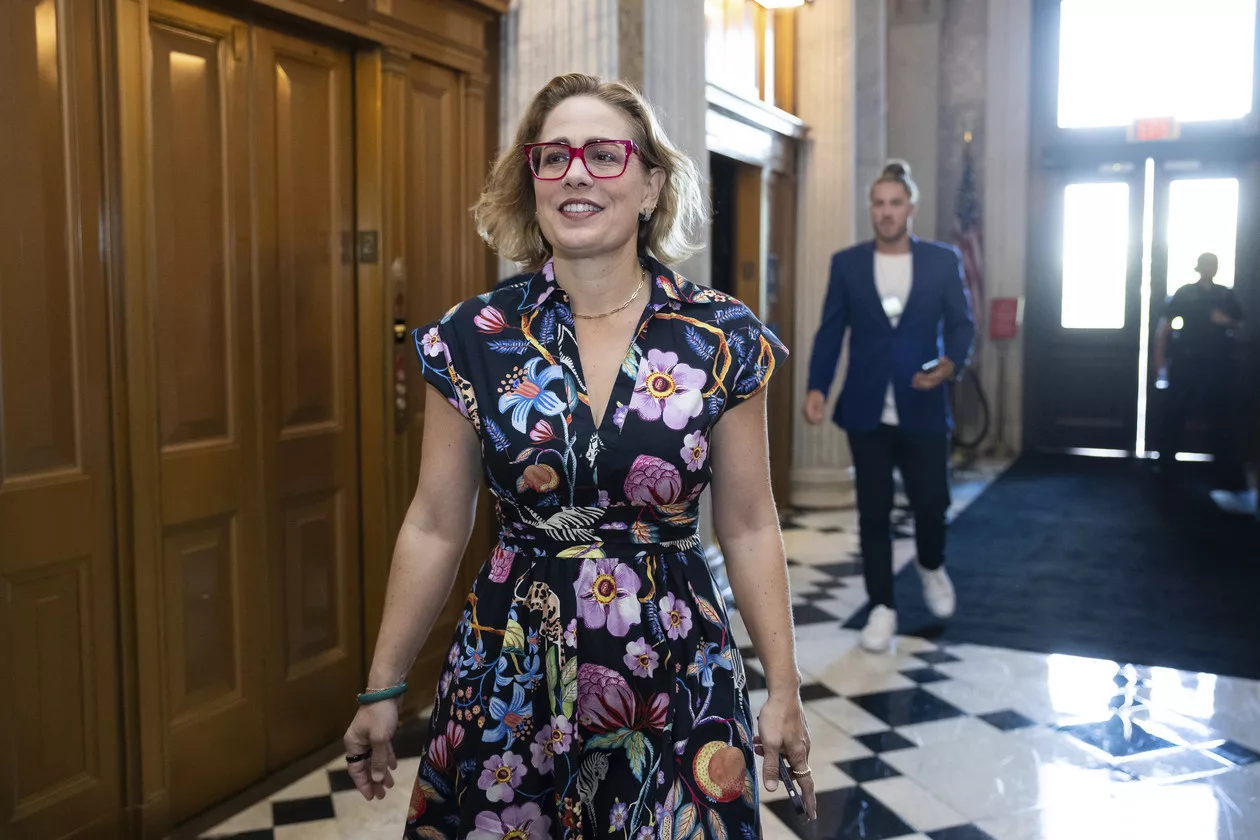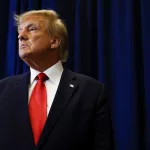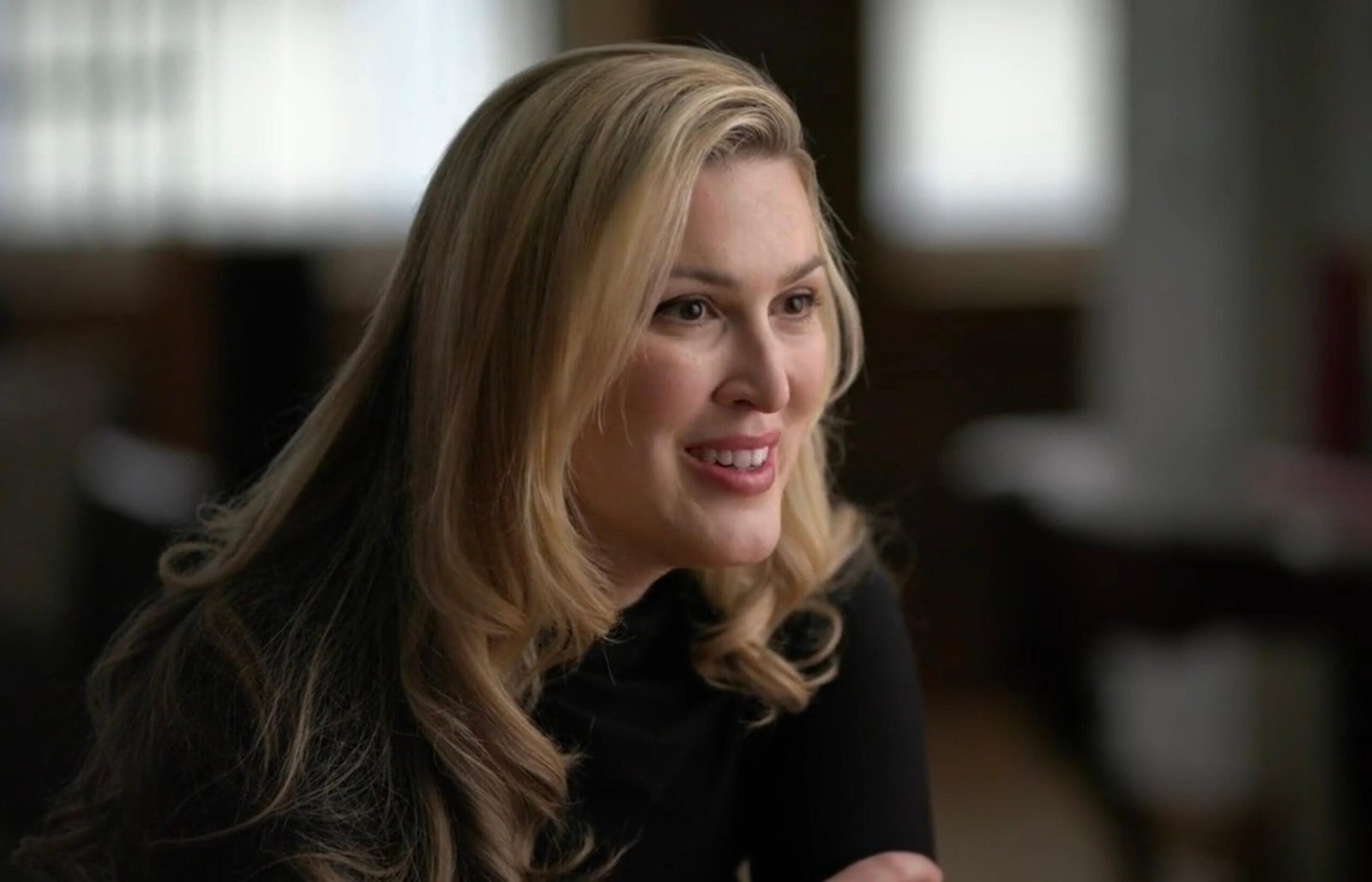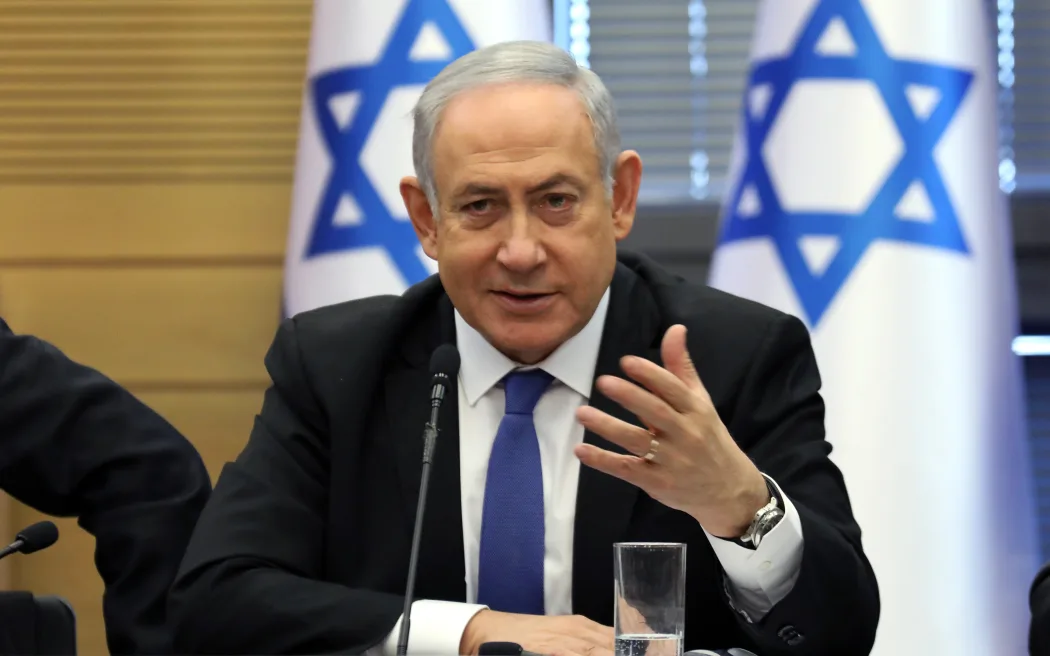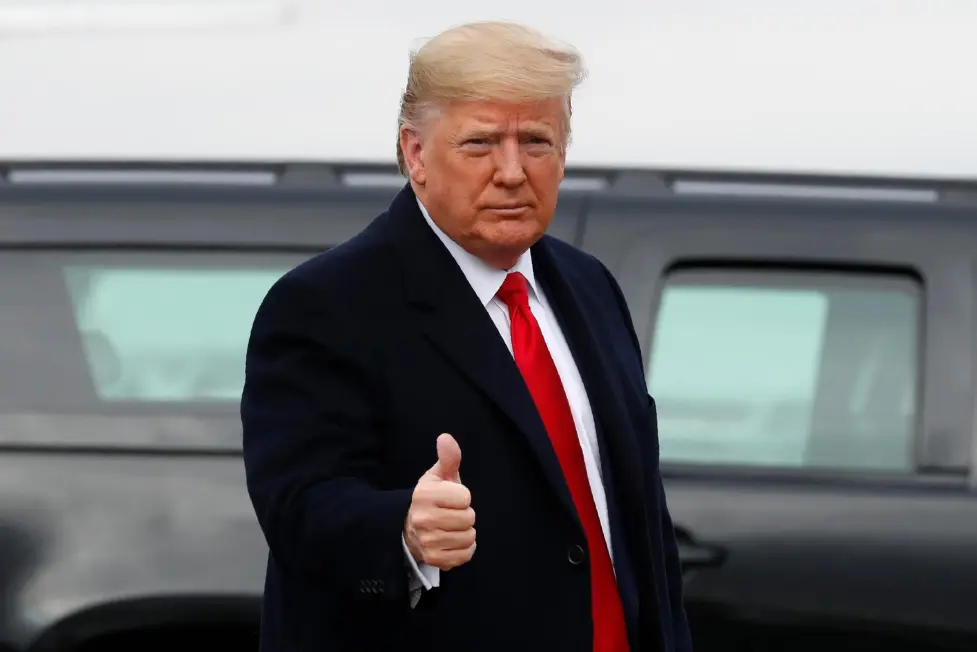Rep. Ruben Gallego, the senator’s main Democratic opponent, has again outraised Senator Kyrsten Sinema, who made headlines last year by declaring herself an independent. This marks the second consecutive quarter in which Gallego has raised nearly twice as much as Sinema.
Between April 1 and June 30, Sinema managed to raise $1.7 million, while Gallego brought in an impressive $3.1 million during the same period. Despite Sinema’s substantial bank account of almost $10.8 million, nearly three times more than Gallego’s funds, the representative’s consistent momentum is noteworthy. He outraised Sinema by a similar ratio in the year’s first three months.
These reports, which were due on Saturday, add another layer of complexity to what could be a highly contentious Senate contest. Senate Democrats closely monitor the progress of Sinema and Gallego’s campaigns as they seek insights into whether Sinema will run for re-election.
Sinema has been tight-lipped about her intentions, creating the potential for a three-way race with unpredictable outcomes. If Sinema draws away too many voters from the Democratic nominee, it could boost the Republicans’ chances of flipping the seat.
While Sinema’s fundraising total dropped slightly from the first quarter’s $2.1 million, it is concerning that less than $9,000 of her second-quarter contributions came from donors who contributed less than $200. This indicates a continued lack of grassroots enthusiasm. In contrast, Gallego received $1.7 million from small-dollar donations last quarter.
Sinema continues to rely on corporate Political Action Committees (PACs) to fund her campaign and notably did not receive any contributions from the campaign accounts of her fellow senators. However, she did secure one donation from FOX Corporation PAC. In contrast, Gallego’s recent report revealed that he received no PAC money over the past three months.
In Arizona, Pinal County Sheriff Mark Lamb is the only major Republican candidate in the race, having raised $608,000 last quarter. However, Republicans are eagerly waiting to see if Kari Lake, who lost the contentious race for governor last year, will declare her candidacy.
Arizona is not the only Senate contest that national Democrats are closely monitoring. They also eagerly anticipate whether Senator Joe Manchin (D-W.Va.) will seek re-election in a state that former President Donald Trump won significantly.
During the second quarter, Manchin raised nearly $1.3 million, triple the amount he raised in the first three months of the year. This substantial increase signals that he is considering another run and keeping his options open. Manchin has stated that a final decision will be made at the end of the year.
Without Manchin, Senate Democrats have little chance of retaining his seat, so they actively encourage him to run for re-election. Notably, Manchin’s fundraising haul surpasses that of the two Republicans who have launched campaigns for his seat, Governor Jim Justice and Representative Alex Mooney, and he currently has a significant $10.7 million cash on hand, as reported by National Diplomat.
Across the country, Senate Democrats have reason to celebrate based on their candidates’ campaign finance reports. The six most vulnerable Democratic incumbents collectively raised $21.4 million, according to POLITICO’s analysis of campaign finance data. Senators Jon Tester of Montana and Sherrod Brown of Ohio, the two most vulnerable incumbents besides Manchin, raised over $5 million and have substantial campaign funds of $10.5 million and $8.7 million, respectively.
At the end of June, all six of these incumbents, including Manchin, Tester, Brown, Tammy Baldwin (D-Wis.), Bob Casey (D-Pa.), and Jacky Rosen (D-Nev.), had over $5.5 million in cash on hand. Together, they have nearly $50 million already in their war chests.
Senator Gary Peters (D-Mich.), the chair of Senate Democrats’ campaign arm, emphasized that their incumbents are once again outpacing Republicans in fundraising and enjoying strong grassroots support. He expressed hope that Manchin would choose to run for re-election and indicated his ongoing encouragement of the senator to do so.
Among the core six Democratic incumbents, Manchin currently holds the most significant financial advantage. With $10.7 million in his campaign account and an additional $2.2 million in his leadership PAC, Manchin would be well-positioned to run in West Virginia.
Due to launching their campaigns after the second-quarter deadline, a few top Republican Senate candidates were required to file fundraising reports. This includes Army veteran Sam Brown in Nevada and businessman Tim Sheehy in Montana.
However, these reports provided some insights into the intentions of undeclared potential candidates. In Montana, GOP Representative Matt Rosendale, who has indicated his plans to challenge Tester, managed to raise $442,000. Although this total pales compared to other Senate candidates, it is more than triple what he raised in the year’s first quarter.
On the other hand, Representative Tom Tiffany (R-Wis.), considering a run against Baldwin, raised a mere $114,000. This figure could indicate that he needs to prepare for a statewide campaign actively.

